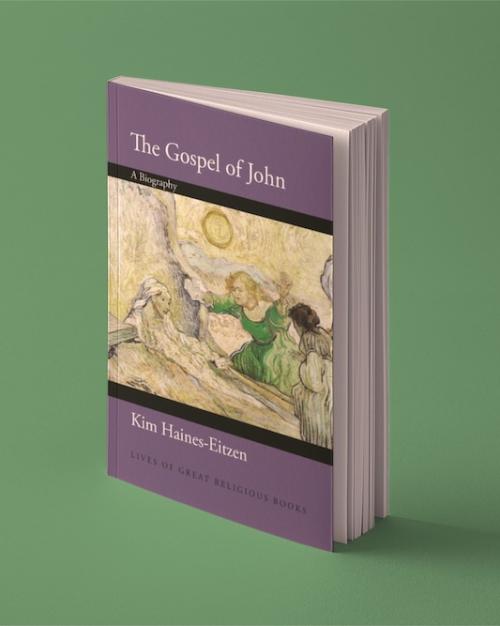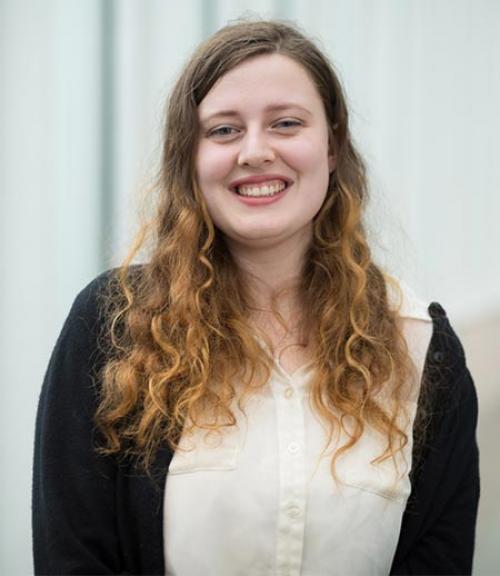
John: The life and times of the ‘maverick’ Gospel
Cornell Chronicle
 Department Homepage
The College of Arts & Sciences
Department Homepage
The College of Arts & Sciences
